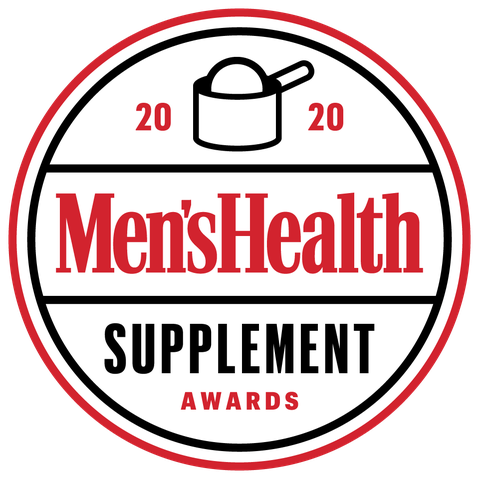world of supplements
The world of supplements is a weird and wild one. There’s one big reason why: Unlike medication, the Federal Drug Administration (FDA) does not require dietary supplements to be proven safe before they hit the market.
You don’t need a prescription for supplements. You don’t need a doctor’s approval (although it’s always a good idea to talk to your doctor before taking any supplement). And you often don’t need a ton of money to buy a supplement either. This is how resurge works.
So instead of trusting the marketing lingo on the supplement label, here’s an idea: Trust us. We’ve been reporting on supplements for the 30-plus years Men’s Health has existed. We’ve studied the research. We’ve talked to the experts. Heck, we’ve even tasted all this stuff.
Here’s the gist of all that analysis: Too many products on the market don’t back up what they say. And because supplements aren’t covered by the FDA, the companies that make these supplements can get away with claiming the unsupportable. Visit riverfronttimes for more information about proven.
This is why, we, Men’s Health, always recommends eating your nutrients from real foods instead of supplements. The USDA/FDA does oversee a company who makes salmon, for example, so that salmon-making company can’t claim that they’re organic if they don’t meet the USDA criteria to carry the label.
That said, it’s also difficult for some people to eat all the protein, creatine, or produce they need daily to meet their nutrition goals. This is especially true of people who want to gain muscle, as it’s challenging to have to gnaw through pounds of protein. It is much (much) easier to knock back a protein powder shake. For those people, supplementation is simply that: a way to supplement (note: not replace) an otherwise healthful diet.
So, what follows is a list of supplements you can trust to help you hit your goals, be they gaining muscle, improving strength, losing weight—or all three.
